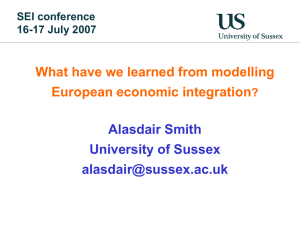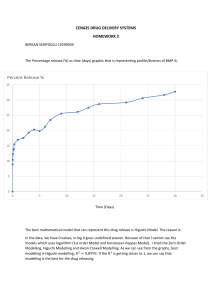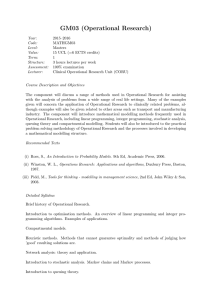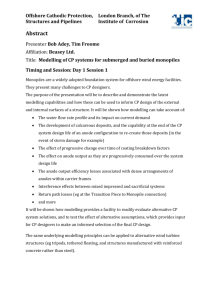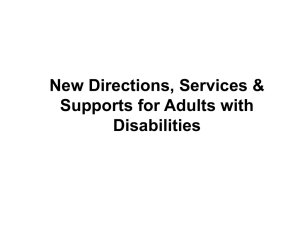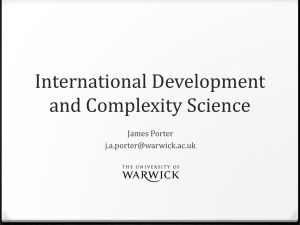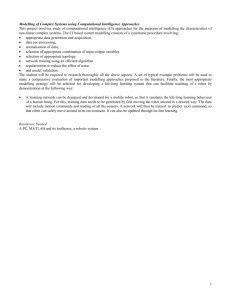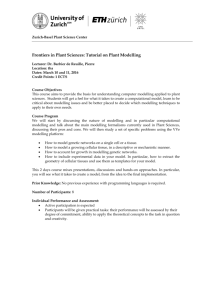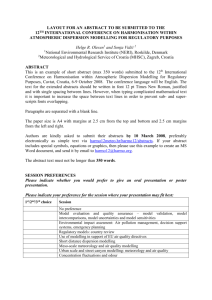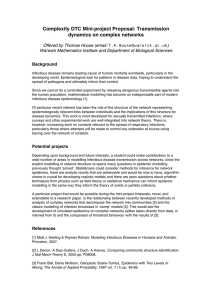150225_Grad_SBM_Software
advertisement
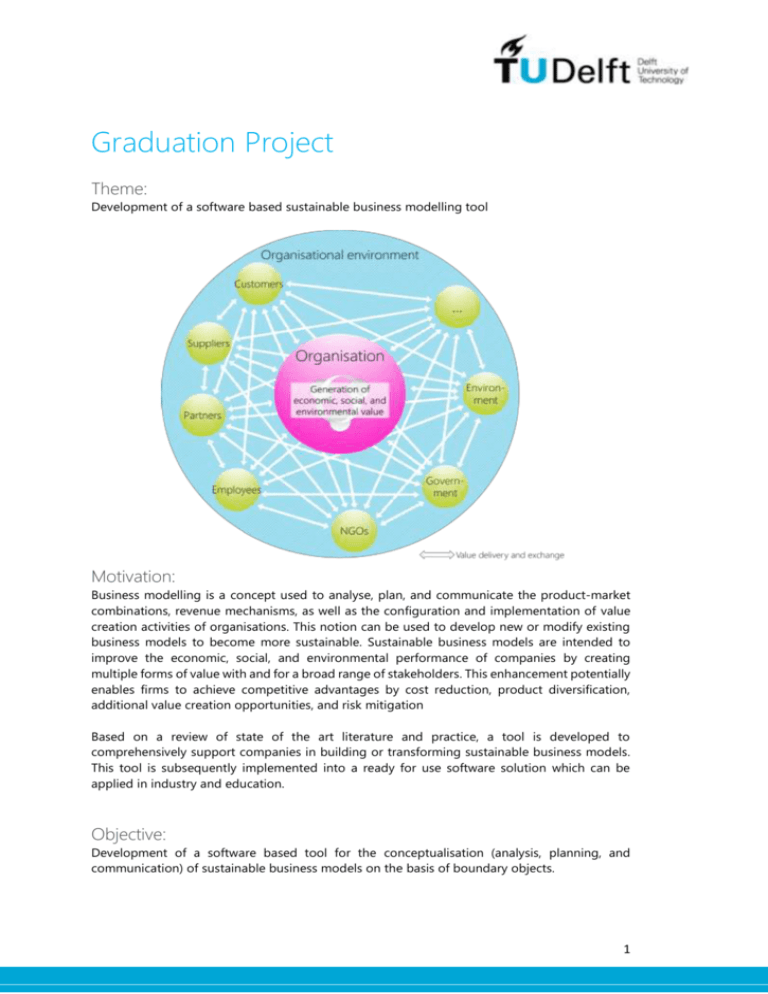
Graduation Project Theme: Development of a software based sustainable business modelling tool Motivation: Business modelling is a concept used to analyse, plan, and communicate the product-market combinations, revenue mechanisms, as well as the configuration and implementation of value creation activities of organisations. This notion can be used to develop new or modify existing business models to become more sustainable. Sustainable business models are intended to improve the economic, social, and environmental performance of companies by creating multiple forms of value with and for a broad range of stakeholders. This enhancement potentially enables firms to achieve competitive advantages by cost reduction, product diversification, additional value creation opportunities, and risk mitigation Based on a review of state of the art literature and practice, a tool is developed to comprehensively support companies in building or transforming sustainable business models. This tool is subsequently implemented into a ready for use software solution which can be applied in industry and education. Objective: Development of a software based tool for the conceptualisation (analysis, planning, and communication) of sustainable business models on the basis of boundary objects. 1 In detail, the following tasks have to be executed: Review existing sustainable business model and sustainable business modelling concepts Identify and analyse elements and their interrelations in state of the art concepts and tools for business modelling Assess elements and interrelations for their applicability in a business modelling framework Conceptualise a tool based on the results Implement a hardware pilot Transfer hardware to software solution in collaboration with a programmer We are offering: A highly supportive international supervision team with comprehensive expertise in the field An exciting, highly application-oriented task in a pressing topic for both research and industry Cooperation with the TU Berlin and the VGU in Saigon, with potential collaboration with a Vietnamese peer Recommended reading: Osterwalder, A., Pigneur, Y., & Clark, T. (2010). Business model generation: A handbook for visionaries, game changers, and challengers. Hoboken, NJ: Wiley. Stubbs, W., & Cocklin, C. (2008). Conceptualizing a “sustainability business model”. Organization & Environment, 21(2), 103-127. Bocken, N. M. P., Short, S. W., Rana, P., & Evans, S. (2013). A literature and practice review to develop sustainable business model archetypes. Journal of Cleaner Production, 65(0), 42–56. doi:10.1016/j.jclepro.2013.11.039 http://www.plan-c.eu/bmix/ http://www.sustainvalue.eu/publications/D2_1_Final_Rev1_0_web.pdf http://www.ted.com/talks/michael_porter_why_business_can_be_good_at_solving_social_ problems?language=en If you are interested in conducting this project, please contact us: Martin Lehmann m.lehmann@tudelft.nl Nancy Bocken n.m.p.bocken@tudelft.nl 2

